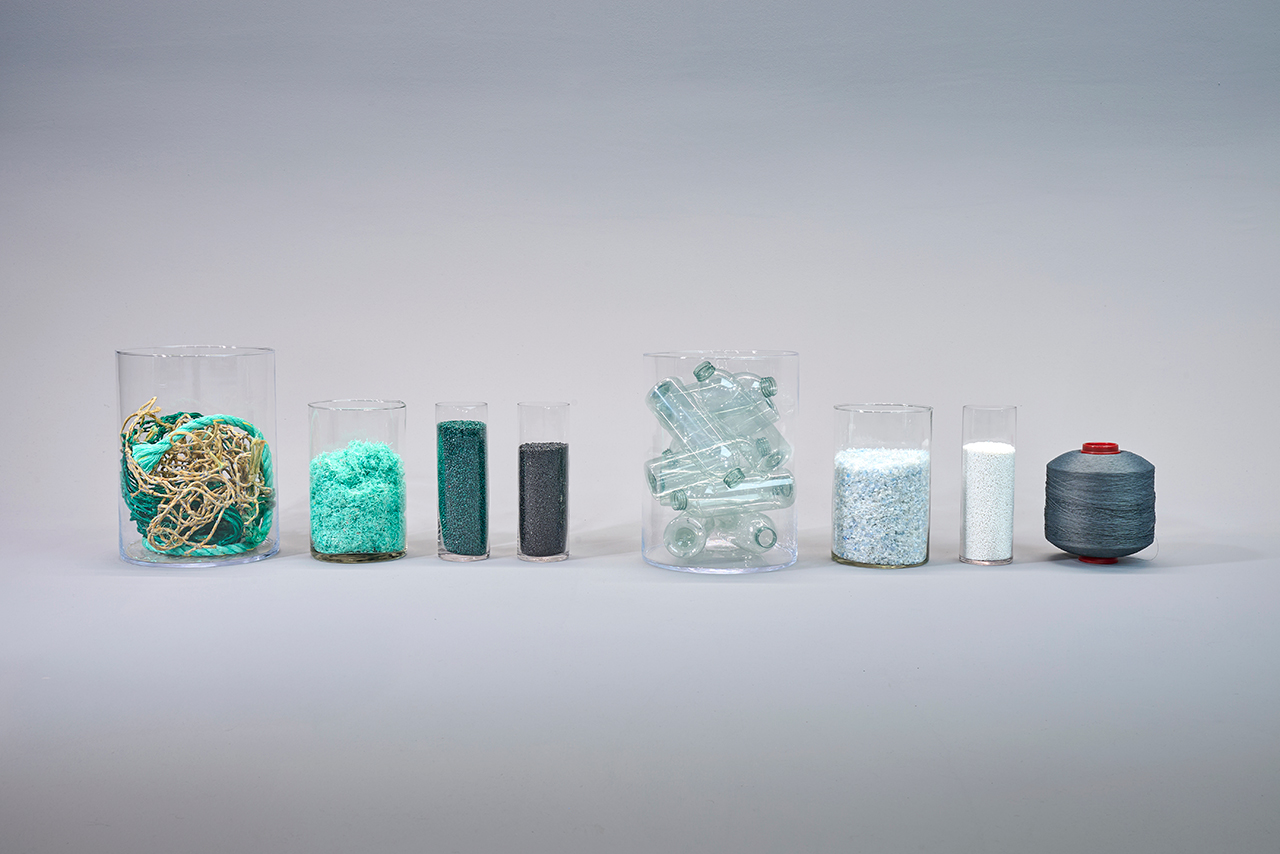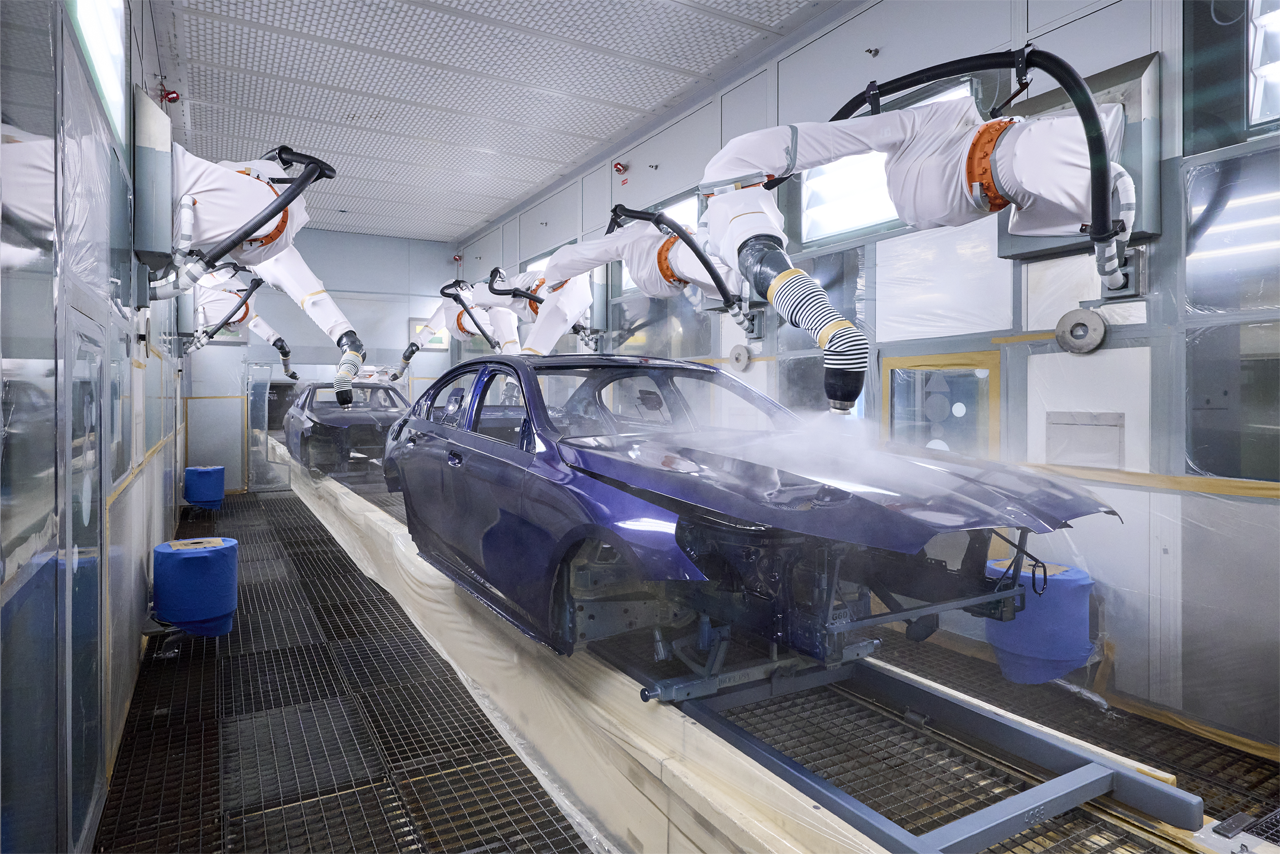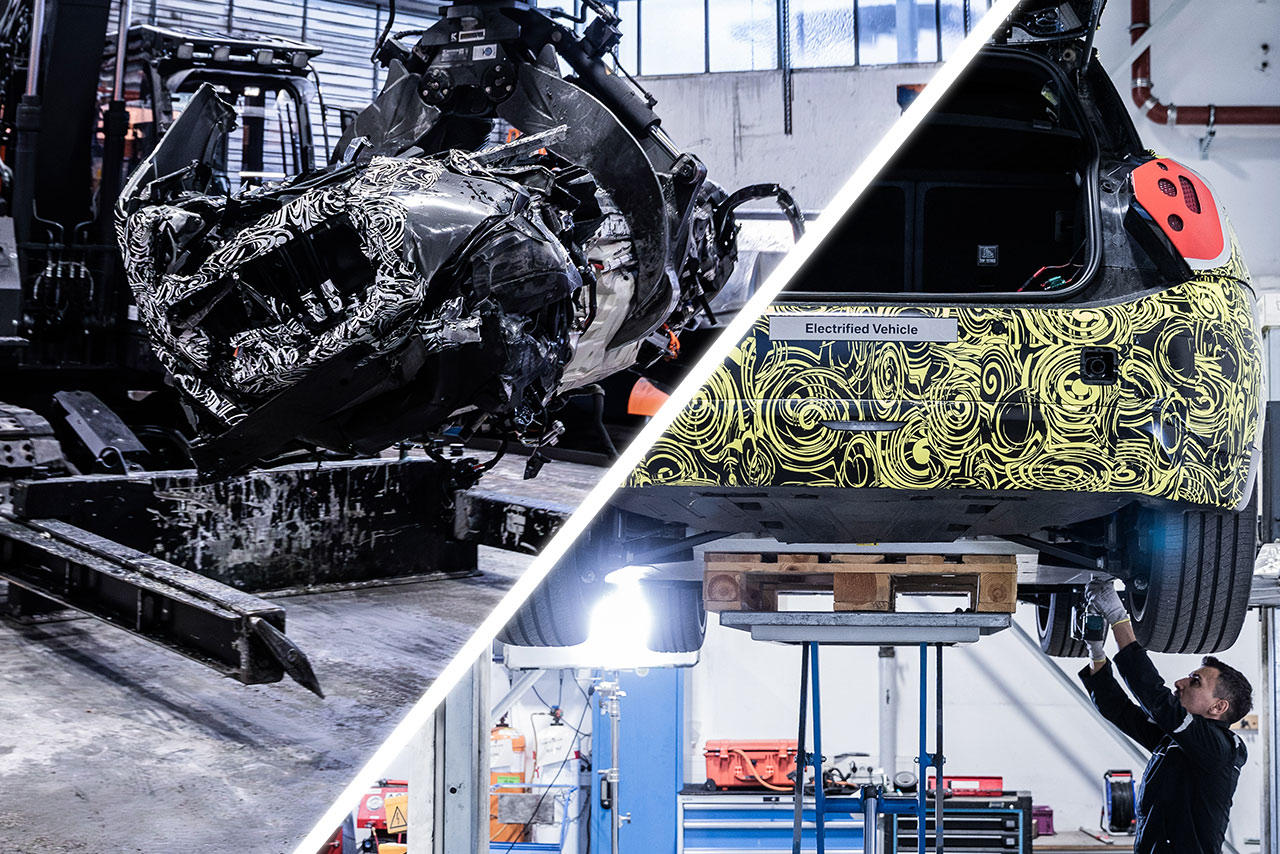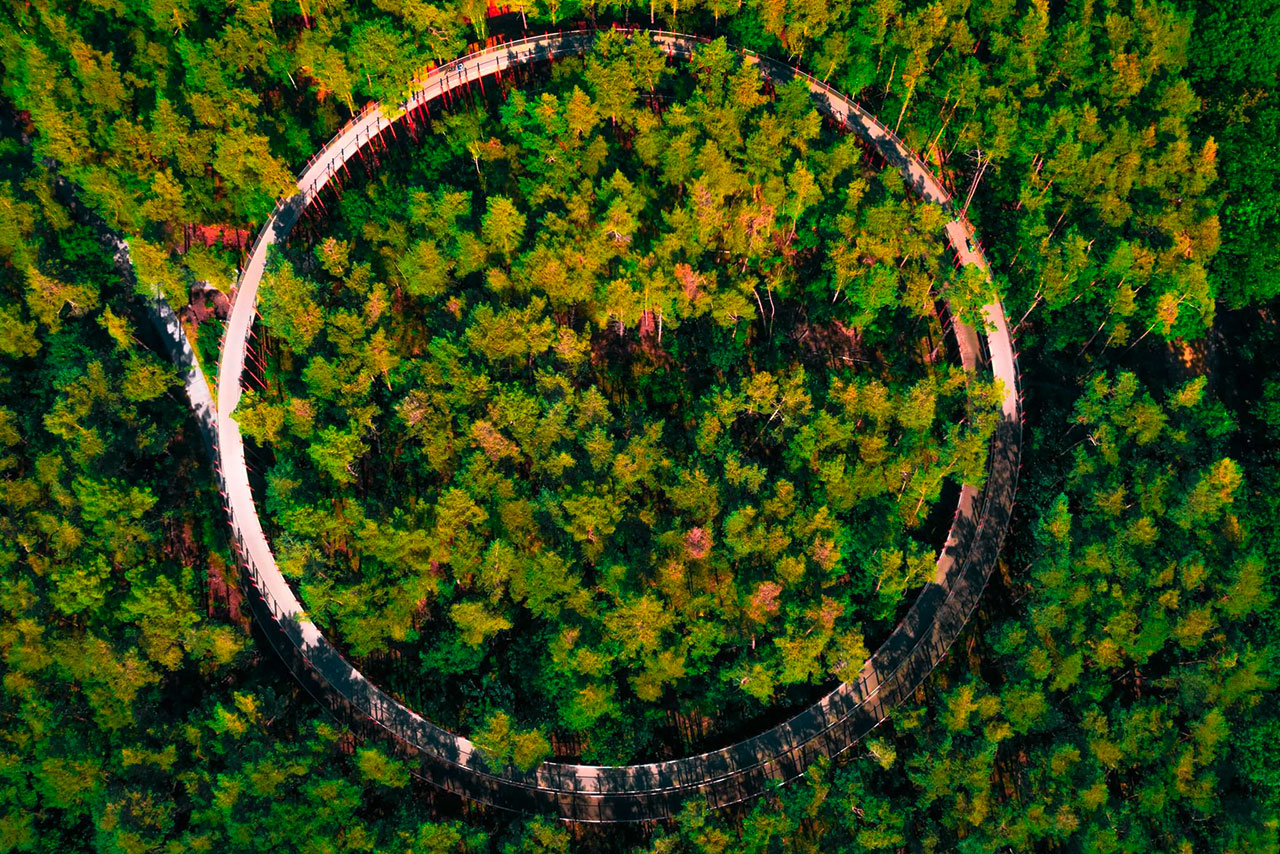World demand for natural rubber continues to grow. First and foremost, it is a vital raw material for tyres. That is why the BMW Group has been working for years with other companies and NGOs to improve growing conditions. The foundation of the Global Platform for Sustainable Natural Rubber is a major step in this direction.
A car that is sustainably-built – according to criteria like quality, driving pleasure and sustainability – should be sustainable “from top to bottom”. In other words, that should also apply to the tyres and the natural rubber used in them. In this area, in particular, it is increasingly clear just how important ecological production of this raw material is.
Rubber is, of course, a natural product, made from the latex milk collected from rubber trees. However, in most cases, cultivation takes place in monocultures in southeast Asia – stretching across an area of more than eight million hectares, or roughly the size of Austria. Over 80 percent of natural rubber is grown on very small farms. “That is what makes it so hard for tyre manufacturers and their customers to keep an eye on social and environmental growing conditions,” explains Vanessa Buchberger, responsible for sustainable purchasing at the BMW Group. “We have to avoid the production environment for natural rubber becoming like that for palm oil, which can lead to difficult, non-transparent social and ecological conditions in the regions concerned.” The BMW Group only purchases natural rubber indirectly, from tyre manufacturers. However, since transparency and sustainability throughout the value chain are part of the company’s philosophy, the BMW Group has also been actively involved in this area for years.
Because it is a naturally-occurring product, with high elasticity and resilience, rubber is still as important for production of many different items, from shoes to babies’ dummies, as it is for tyres. However, the tyre industry is by far its largest consumer: Around three quarters of the natural rubber produced worldwide goes into tyre production: Around 20 percent of a car tyre is natural rubber – or around two kilos per tyre; in aircraft tyres, that figure is around 80 percent. “That means the BMW Group needs around 24,000 tons of natural rubber per year, just for tyres, and spares, for our vehicles,” says Buchberger.
Since 2015, the BMW Group has taken steps requiring greater sustainability from its tyre suppliers. It is now working hard with other companies, institutions and NGOs to create mechanisms that will allow implementation of environmental and social measures to be verified.
Following a preparatory meeting in October, nearly all parties involved in processing natural rubber (finally) sat down around the table in March of this year with representatives of social institutions and NGOs to establish the independent Global Platform for Sustainable Natural Rubber (GPSNR) at an inaugural meeting in Singapore. Creation of the GPSNR was initiated by the CEOs of the Tyre Industry Project (TIP), which forms part of the World Business Council for Sustainable Development (WBCSD). Over 200 of the world’s leading companies work together in the WBCDS on issues related to sustainable development.
More than 40 organisations and institutions are currently active in the GPSNR – primarily tyre manufacturers, suppliers, the automotive industry and NGOs – who are committed to the environment and improving working conditions at international level. The BMW Group is the only automobile company also on the executive committee.
“Together, we plan to tackle a whole bunch of problems and challenges related to sustainable production of natural rubber,” underlines Buchberger. These include rules for social working conditions, land rights, corruption prevention and sustainable water management, as well as accountability for all these things. All of those involved are also committed to launching initiatives against deforestation and ensuring greater transparency in the sometimes long and complex supply chains.
One of their first goals will be to define appropriate strategies and objectives. The founding members have also committed to comply with improved social and environmental requirements and urge their business partners towards more sustainability.
















